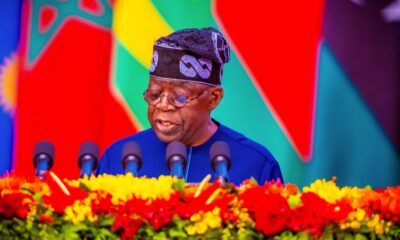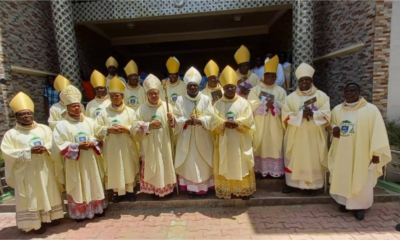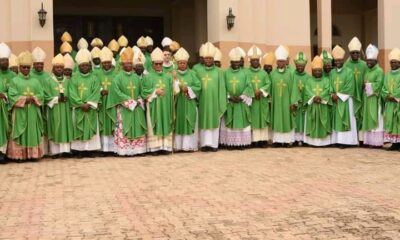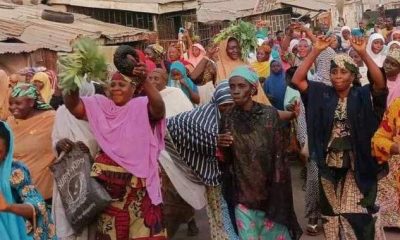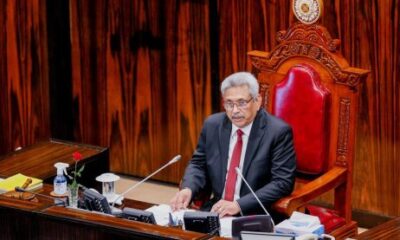NEWS
Catholic Bishops call for regional governance amid economic crisis
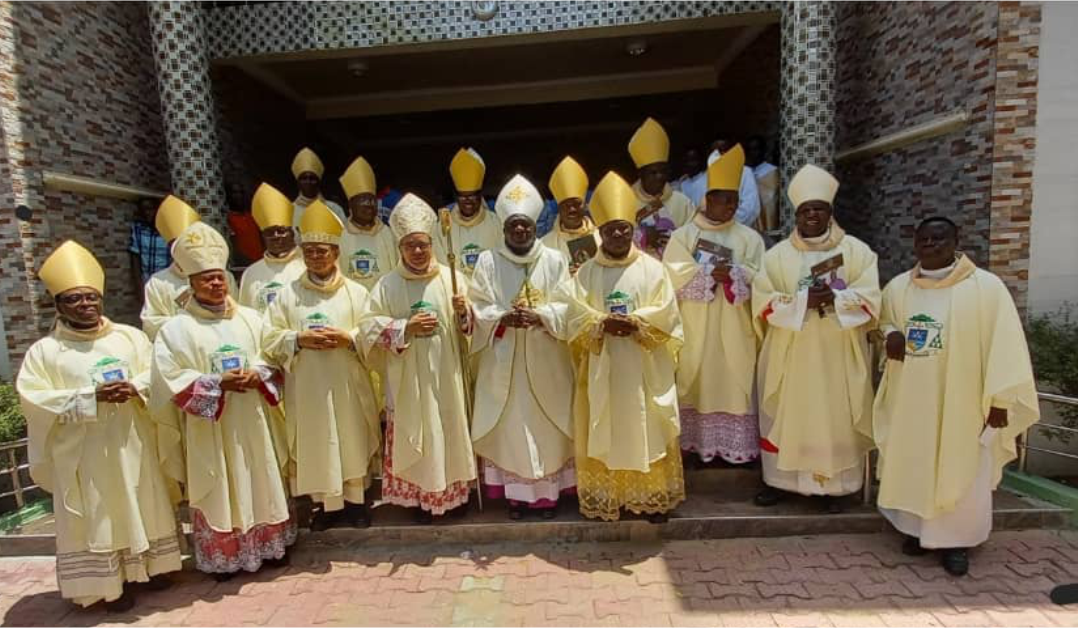
The Catholic Bishops Conference of Nigeria (CBCN) has proposed a return to a regional system of government as a potential solution to the country’s worsening economic crisis and systemic corruption.
At the 2024 Second Plenary Assembly held in Auchi, Edo State, Most Rev. Lucius Iwejuru Ugorji, President of the CBCN, called on the Nigerian government to reconsider its current economic policies, highlighting that the issues facing the nation go beyond what these reforms can address.
Ugorji argued that the current presidential system of governance in Nigeria is not only costly but also promotes corruption by centralizing control over national resources. He suggested that decentralizing power to regional governments or the six geopolitical zones could reduce corruption and provide a more effective governance structure, better aligned with the vision of Nigeria’s founding fathers.
Ugorji pointed out the inefficiencies in the current system, citing the recent increase in Nigeria’s public debt, which has grown to $93.7 billion due to a new $2.25 billion loan from the World Bank. He also highlighted other challenges facing Nigerians, including multiple taxation, widespread hunger, and insecurity.
The CBCN’s stance reflects growing frustration among Nigerians with the current administration’s handling of the economy. The bishops emphasized that the solutions to Nigeria’s problems require more than just economic reforms; they necessitate a fundamental restructuring of governance to reduce bureaucratic excess and foster greater accountability.
During the assembly, Most Rev. Fr. Gabriel Dunia, Bishop of Auchi Diocese, underscored the need for spiritual intervention, suggesting that fasting and prayer could help address the nation’s issues. He called on both leaders and citizens to commit to genuine service and respect for authority as part of the solution.
The CBCN’s call for regional governance comes at a time when Nigeria faces significant socio-economic challenges, and many citizens are calling for systemic change to tackle corruption and improve the nation’s governance and economic stability.



